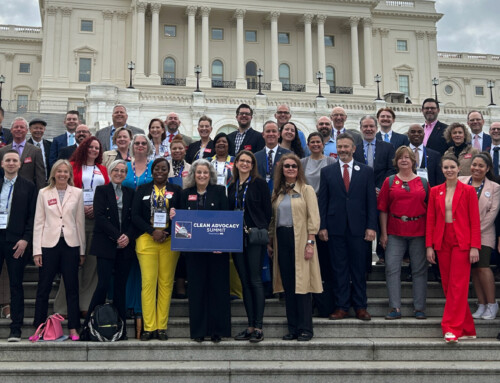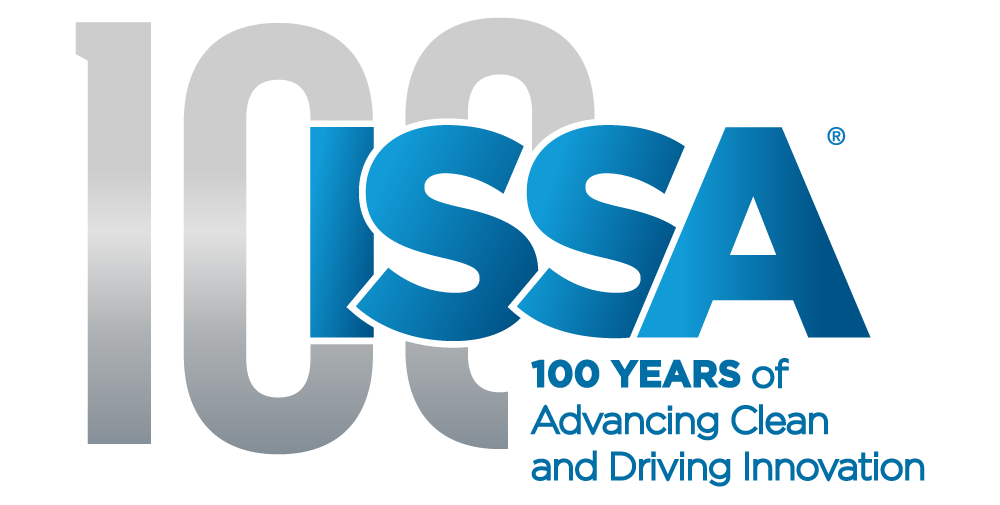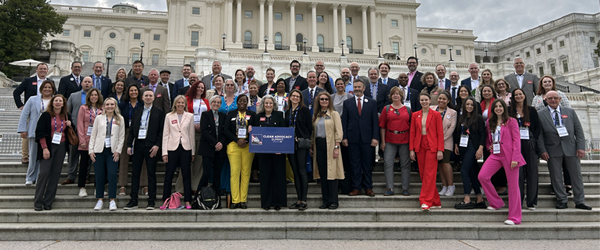Understanding Extended Producer Responsibility (EPR) and Its Impact on the Cleaning Industry
Extended Producer Responsibility (EPR) is a policy shifting the responsibility for end-of-life management of packaging from governments to ”Producers”. In the realm of the cleaning industry, under EPR laws manufacturers, brand owners, and distributors of commercial and consumer cleaning products are accountable for the entire lifecycle of the packaging in which their products are contained, from production to disposal. As this trend gains traction in the United States, it’s crucial for the cleaning industry to understand its implications.
The Rise of EPR in the US
Currently, a handful of states have implemented or are in the process of implementing EPR laws for packaging:
- California, Colorado, Maine, Oregon, New Jersey, and Washington have enacted EPR packaging laws.
- New York, Minnesota, Hawaii, and Massachusetts are among the states considering EPR legislation.
These laws vary in scope and implementation details but generally require Producers to join Producer Responsibility Organizations (PROs) for the purpose of funding the collection, recycling, and disposal of packaging waste. It is important to note that the term “Producer” is typically defined to include manufacturers, brand owners (i.e. private label distributors), brand licensees, distributors and retailers; and encompasses Producers of both consumer and commercial products including cleaning products. While the focus has primarily been on packaging, there is potential for EPR to expand to other product categories in the future.
For ISSA members, the rise of EPR presents both challenges and opportunities. On the one hand, complying with varying state-level regulations can be complex and costly. It necessitates careful product design, material selection, and packaging optimization to minimize environmental impact and financial burdens. Additionally, members may need to invest in systems for tracking and reporting packaging data, as required by EPR legislation.
However, EPR also offers opportunities for innovation and leadership. By embracing sustainable packaging practices and participating in EPR programs, cleaning product manufacturers and distributors can enhance their brand reputation and gain a competitive edge. Additionally, collaboration with other industry stakeholders through PROs can help share the financial burden and develop effective recycling solutions.
Beyond the states with existing EPR laws, many others are considering similar legislation. New York, Minnesota, Hawaii, and Massachusetts have introduced EPR bills, indicating a growing national trend. It’s essential for the cleaning industry to stay informed about these developments and prepare for potential future regulations.
Proactive engagement with policymakers is crucial for shaping EPR legislation that is feasible and beneficial for the cleaning industry. ISSA can and will play a vital role in advocating for industry-specific considerations and ensuring that EPR regulations support innovation and sustainability.
By understanding the evolving EPR landscape and taking proactive steps to comply with regulations, ISSA members can position themselves as leaders in sustainable packaging and contribute to a circular economy.
If you would like to know more about EPR, please join ISSA for our webinar: Navigating Extended Producer Responsibility (EPR) in the Cleaning Industry click here to register

















